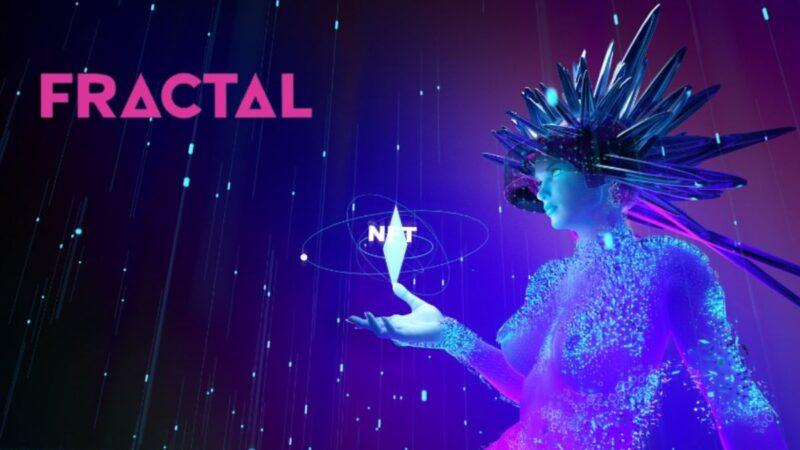Twitch Co-Founder Justin Kan has been one of the busiest people in the crypto world since he announced plans to launch the gaming NFT marketplace Fractal in early December.
With a successful Twitter marketing campaign and NFT airdrop event, it took Kan and his team just ten days to increase their Discord group to 100,000 members. But after the Solana-based marketplace’s launch date was delayed until Christmas Eve, a scammer hacked the Fractal Discord server’s verification bot and sent a fake link to users. The bot received $150,000 worth of SOL from victims until it was shut down.
“I can smile, you know, at least it wasn’t worse,” Kan commented in an interview with CoinDesk, which pays users back using his own money.
Fractal’s initial list of gaming partnerships includes more than a dozen Web 3 games, including the user-specific metaverse game The Sandbox and the earning games Genopets and Syn City. The platform functions both as a marketplace where users can purchase NFT directly from companies to use in-game and as a secondary market for cross-party trading.
Kan has been on the mend since the scam and is again focused on growth in the Web 3 playground. While NFTs are the cornerstone of blockchain-based gaming, several third-party platforms are dedicated to trading.
In recent weeks, integrating NFTs into video games has received backlash from various gaming communities, but Kan believes this technology will inevitably find its place in the industry.
While the debate continues about whether players or gaming companies will benefit most from the presence of NFTs in games, Kan believes that players should be more profitable in this system.
“Building [NFTs] into a programmable platform like we’re doing, I think it’s just a very pro-user move, even if some people haven’t seen it yet.”
Kan said, pointing to World of Warcraft’s economy built on gold, as well as Counter-Strike, where users pay as much as $150,000 for a skin:
“The idea that items in games can have a value already exists.”





